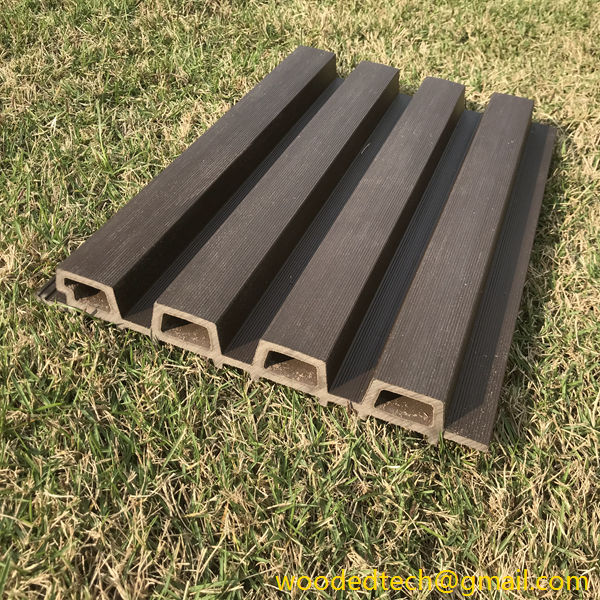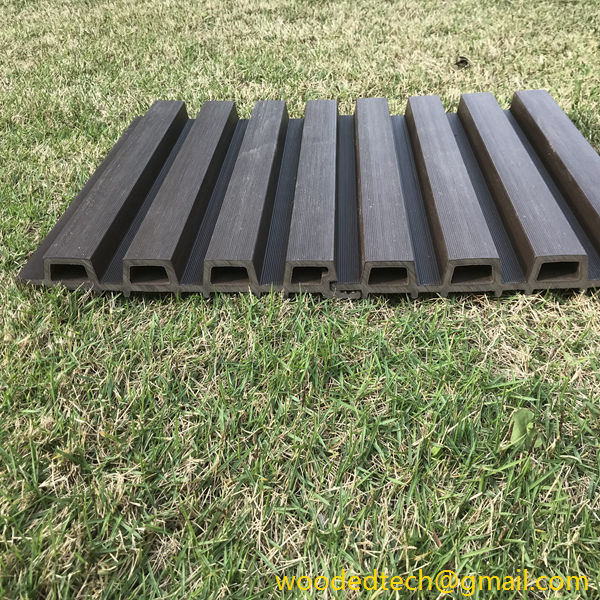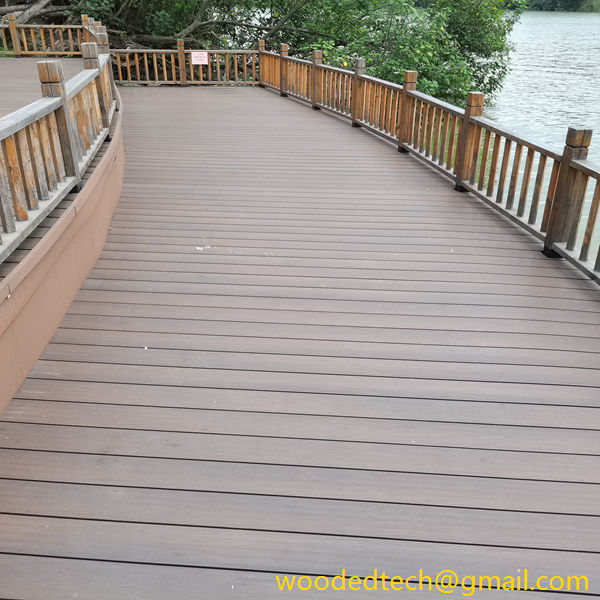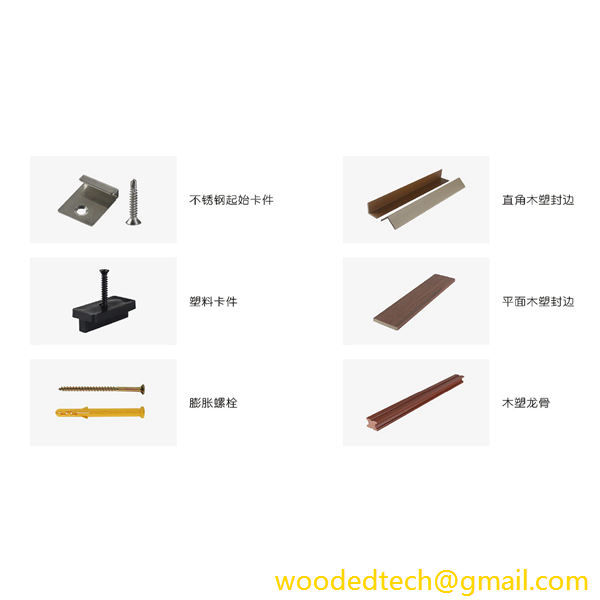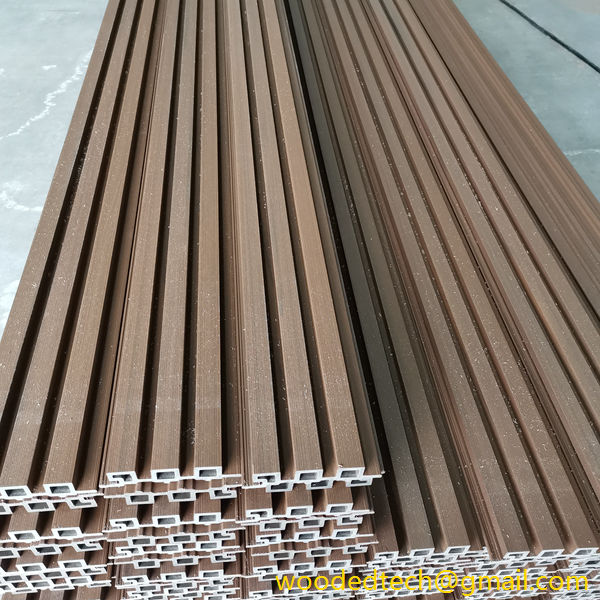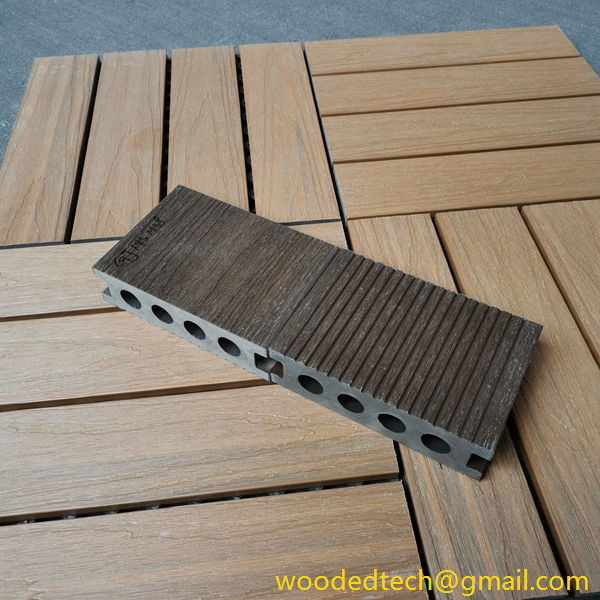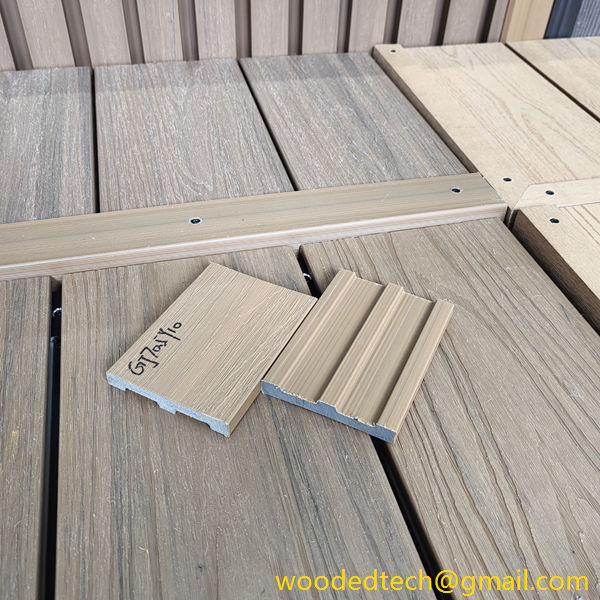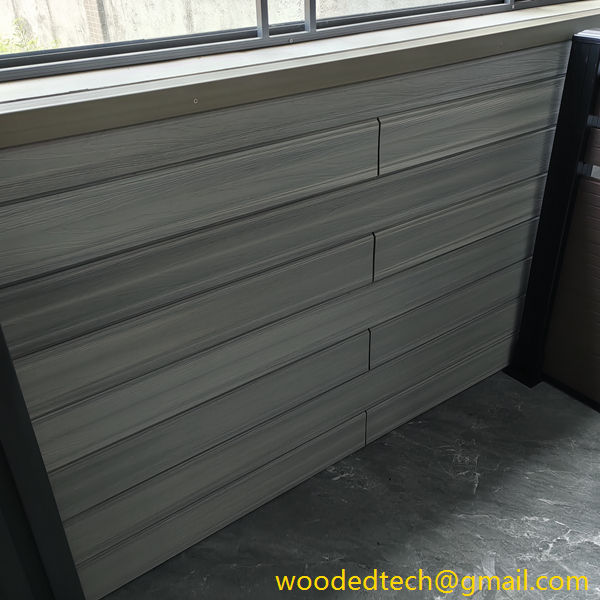Advantages of WPC Wall Panel 3D for Unique Designs
Advantages of WPC Wall Panel 3D for Unique Designs Wood Plastic Composites (WPC) have emerged as a popular choice in modern interior and exterior design, particularly in the form of 3D wall panels. These panels combine the aesthetic appeal of natural wood with the durability and versatility of plastic, leading to a range of customizable…
Advantages of WPC Wall Panel 3D for Unique Designs
Wood Plastic Composites (WPC) have emerged as a popular choice in modern interior and exterior design, particularly in the form of 3D wall panels. These panels combine the aesthetic appeal of natural wood with the durability and versatility of plastic, leading to a range of customizable materials that cater to various design preferences. The advantages of WPC wall panels, especially in their 3D form, are multifaceted, offering unique design possibilities that can transform any space.
One of the primary benefits of WPC wall panels is their ability to mimic the look and feel of natural wood. This aesthetic appeal is enhanced further by the three-dimensional designs that can be created with WPC materials. With a variety of textures, colors, and finishes available, homeowners and designers can select wall panels that complement their specific style and decor. Whether aiming for a rustic, modern, or minimalist look, WPC wall panels can be customized to meet these desires, giving each space a unique character.
In addition to their aesthetic versatility, WPC wall panels are highly functional. They are designed to withstand various environmental conditions without warping or degrading over time. Unlike traditional wood, which can be susceptible to moisture, pests, and decay, WPC materials are engineered to resist these issues. This makes them suitable for use in a variety of settings, including kitchens and bathrooms, where humidity and moisture are prevalent. The durability of WPC wall panels means that they require less maintenance than their natural wood counterparts, making them an attractive option for busy homeowners.
Another significant advantage of WPC wall panels is their eco-friendliness. These materials are often made from recycled wood fibers and plastic, making them a sustainable choice for environmentally conscious consumers. By choosing WPC over traditional wood products, you contribute to reducing deforestation and minimizing waste. This environmental benefit resonates with many people today, as sustainability becomes an increasingly important consideration in design and construction.
WPC wall panels also offer exceptional ease of installation. Their lightweight nature allows for straightforward handling and application, making them suitable for both DIY enthusiasts and professional contractors. Many WPC wall panels come with interlocking systems or adhesive backing, allowing for quick and efficient installation. This not only saves time during the renovation process but can also lead to reduced labor costs, making WPC an economically sensible choice for many projects.
Furthermore, the 3D design of WPC wall panels adds a layer of depth and dimension to interiors that flat panels simply cannot achieve. The interplay of light and shadow on textured surfaces creates visual interest, enhancing the overall aesthetic appeal of a room. Whether used as a focal point in a living room, an accent wall in a bedroom, or as a striking feature in commercial spaces, the three-dimensional quality of WPC wall panels elevates the design to new heights.
The versatility of WPC wall panels extends beyond their aesthetic and functional features. They can be used in various applications, from residential homes to commercial spaces. In retail environments, for instance, 3D wall panels can create an inviting atmosphere that draws customers in and enhances the shopping experience. In corporate settings, they can be used to convey professionalism and modernity, making a positive impression on clients and employees alike.
Moreover, WPC wall panels are available in various shapes and styles, providing endless design possibilities. From geometric patterns to organic shapes, the customization options are virtually limitless. This adaptability allows designers to experiment with different looks and textures, ensuring that each project is unique. Additionally, WPC wall panels can be painted or stained, further expanding the range of design options. This means that a space can be easily updated or refreshed without the need for complete renovations.
Another key advantage of WPC wall panels is their resistance to fading and discoloration. Traditional wood can lose its color over time due to exposure to sunlight and other environmental factors. In contrast, WPC materials are designed to maintain their color and finish, ensuring that your investment continues to look vibrant and new for years to come. This durability is particularly beneficial in spaces that receive a lot of natural light, where fading can be a concern.
The thermal insulation properties of WPC wall panels also contribute to their appeal. By providing insulation against heat and cold, these panels can help improve energy efficiency in a building. This can lead to lower heating and cooling costs, making WPC wall panels not only a stylish choice but also a practical one. In an era where energy efficiency is a growing concern, this feature adds another layer of value to WPC materials.
In conclusion, WPC wall panels in 3D designs offer a wealth of advantages for those looking to create unique and visually striking spaces. Their aesthetic versatility, durability, eco-friendliness, ease of installation, and resistance to fading make them an excellent choice for a wide range of applications. With endless customization options available, WPC wall panels allow for personal expression in design while also meeting practical needs. Whether for residential or commercial use, these panels stand out as a modern solution for innovative design.

